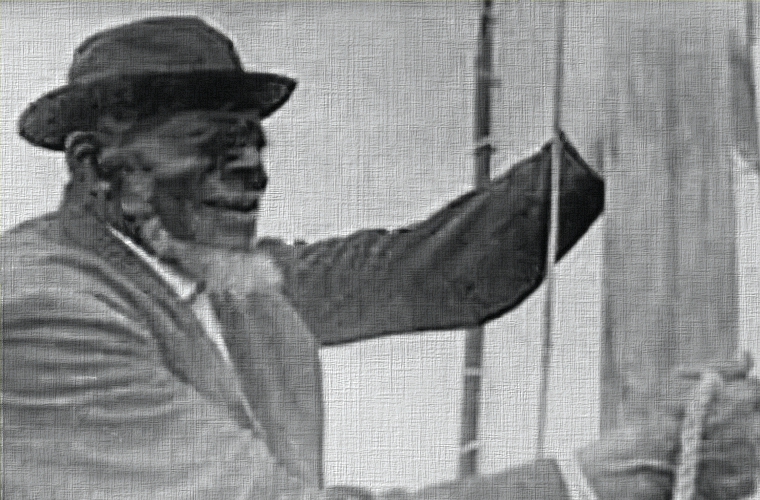Jupiter Hammon was an 18th-century African American poet and writer. He was born in 1711 in Long Island, New York, and was enslaved by the Lloyd family. Hammon lived his entire life as an enslaved individual and worked on the Lloyd family’s estate. Despite his circumstances, Hammon learned to read and write, and he became known for his poetry. His first published work, “An Evening Thought: Salvation by Christ with Penitential Cries,” appeared in 1761, making him one of the first published African American writers. This work is a Christian poem that reflects on sin, salvation, and the moral struggles of life.
Hammon’s poetry often explored religious themes and encouraged moral improvement. He wrote about the condition of enslaved individuals and the desire for freedom but also emphasized the importance of faith and obedience to God. His works were primarily intended for a white audience and were well-received during his lifetime.
Jupiter Hammon’s writing demonstrated his intellectual abilities and his belief in the power of education and religion. His works were significant contributions to early African American literature and showcased the intellectual capabilities of enslaved individuals during a time of widespread oppression.
Hammon’s exact date of death is not known, but it is believed that he passed away in the early 19th century. His legacy as an early African American poet has been recognized and celebrated for his contributions to American literature and his efforts to challenge prevailing notions of race and education during a time of slavery.

